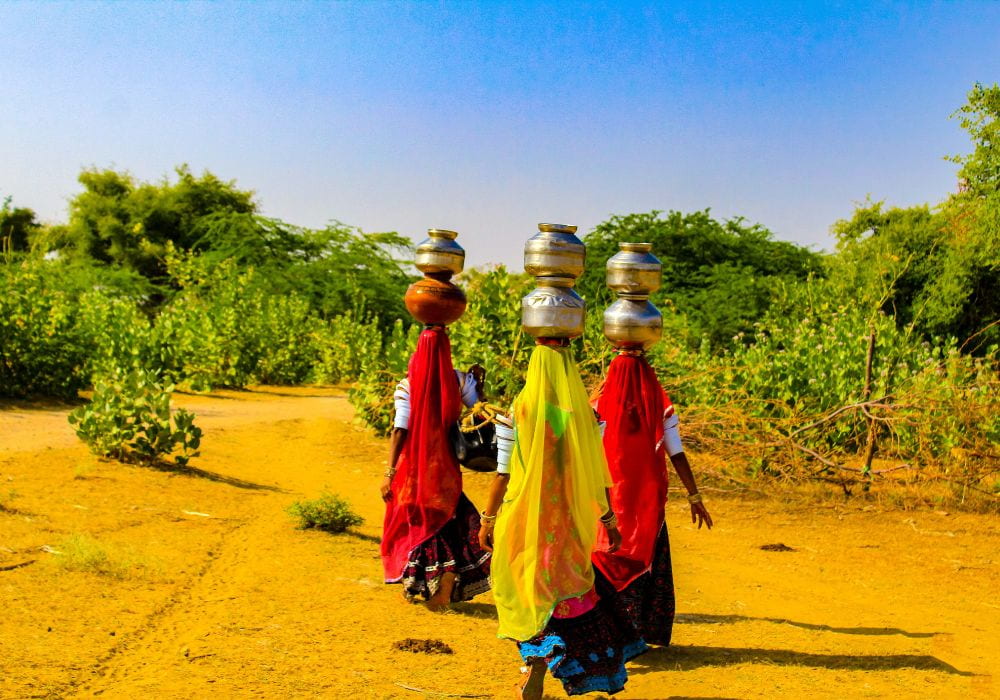
Due to the current global water crisis, more than 1.8 billion people (26% of the global population) lack access to safe drinking water. An in-depth analysis conducted by the World Health Organization (WHO) and the United Nations Children’s Fund (UNICEF), recently found women and girls have been disproportionally affected by the crisis. In seven out of ten households globally, women and girls are responsible for fetching water. In many cases, this burden compromises their health and safety in addition to taking time away from education and work.
“Unsafe water, toilets, and hand washing at home robs girls of their potential, compromises their well-being, and perpetuates cycles of poverty,” said UNICEF Director of Water, Sanitation and Hygiene (WASH) and CEED programs Cecilia Sharp in the press release. “Responding to the needs of girls in the design and implementation of WASH programs is critical to reaching universal access to water and sanitation and achieving gender equality and empowerment.”
The report shows that 1.4 million lives are lost annually due to inadequate water, sanitation and hygiene. “Women and girls not only face wash-related infectious diseases, like diarrhea and acute respiratory infections, they face additional health risks because they are vulnerable to harassment, violence, and injury when they have to go outside the home to haul water,” stated WHO Director for Environment, Climate Change, and Health Department Dr. Maria Neira in a press release.
Following the release of the report, both WHO and UNICEF have emphasized their commitment to working with government officials to combat the crisis. To achieve the UN Sustainable Development Goal of universal access to safe drinking water, sanitation, and hygiene by 2030, collaboration between governments and global health organizations such as the WHO and UNICEF will be essential.
by Justin Goldberg
